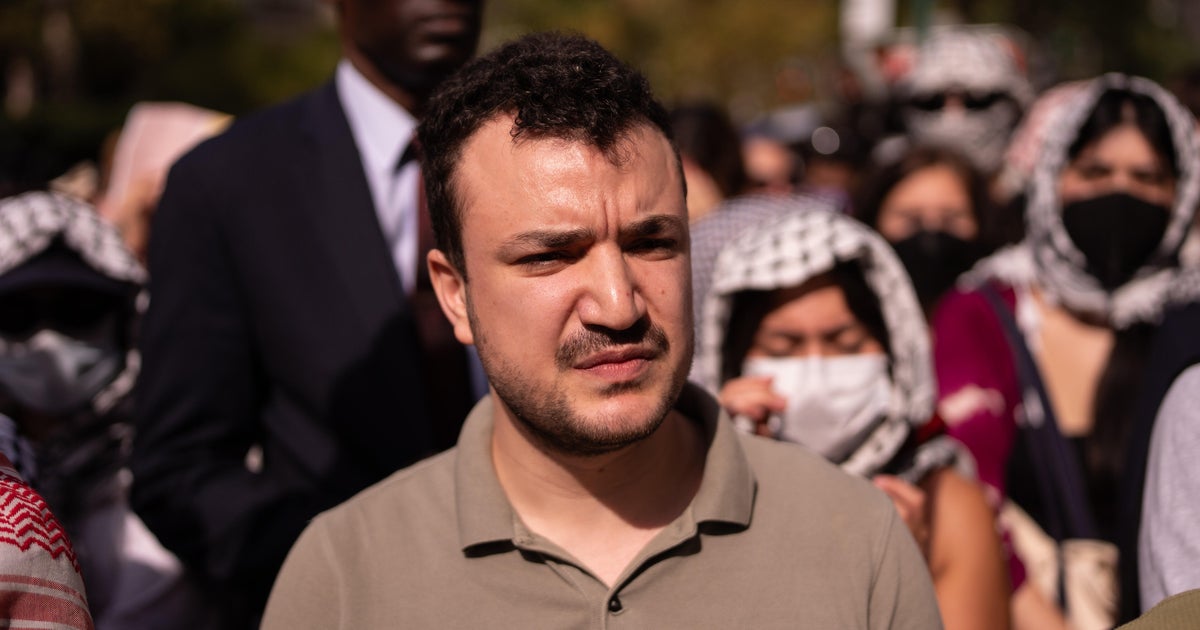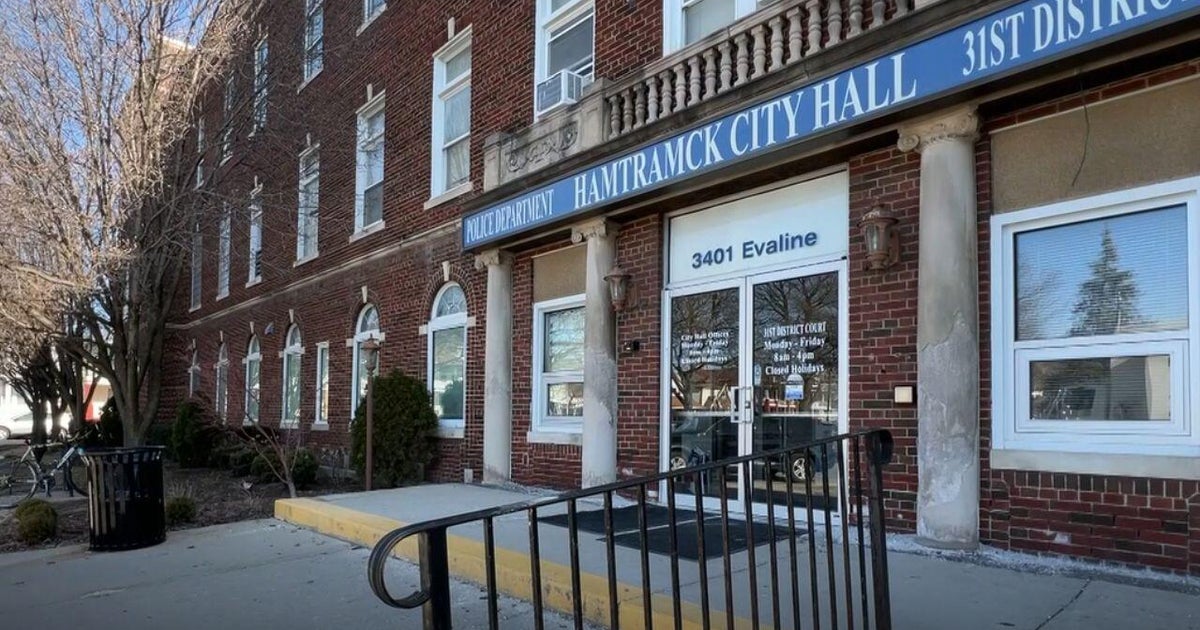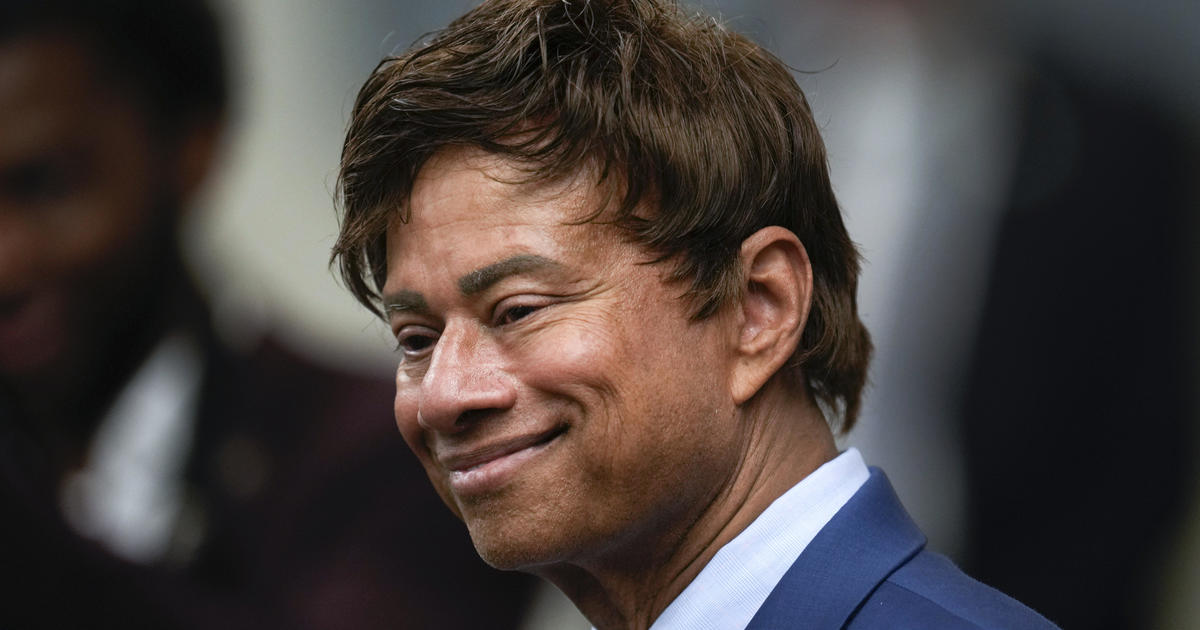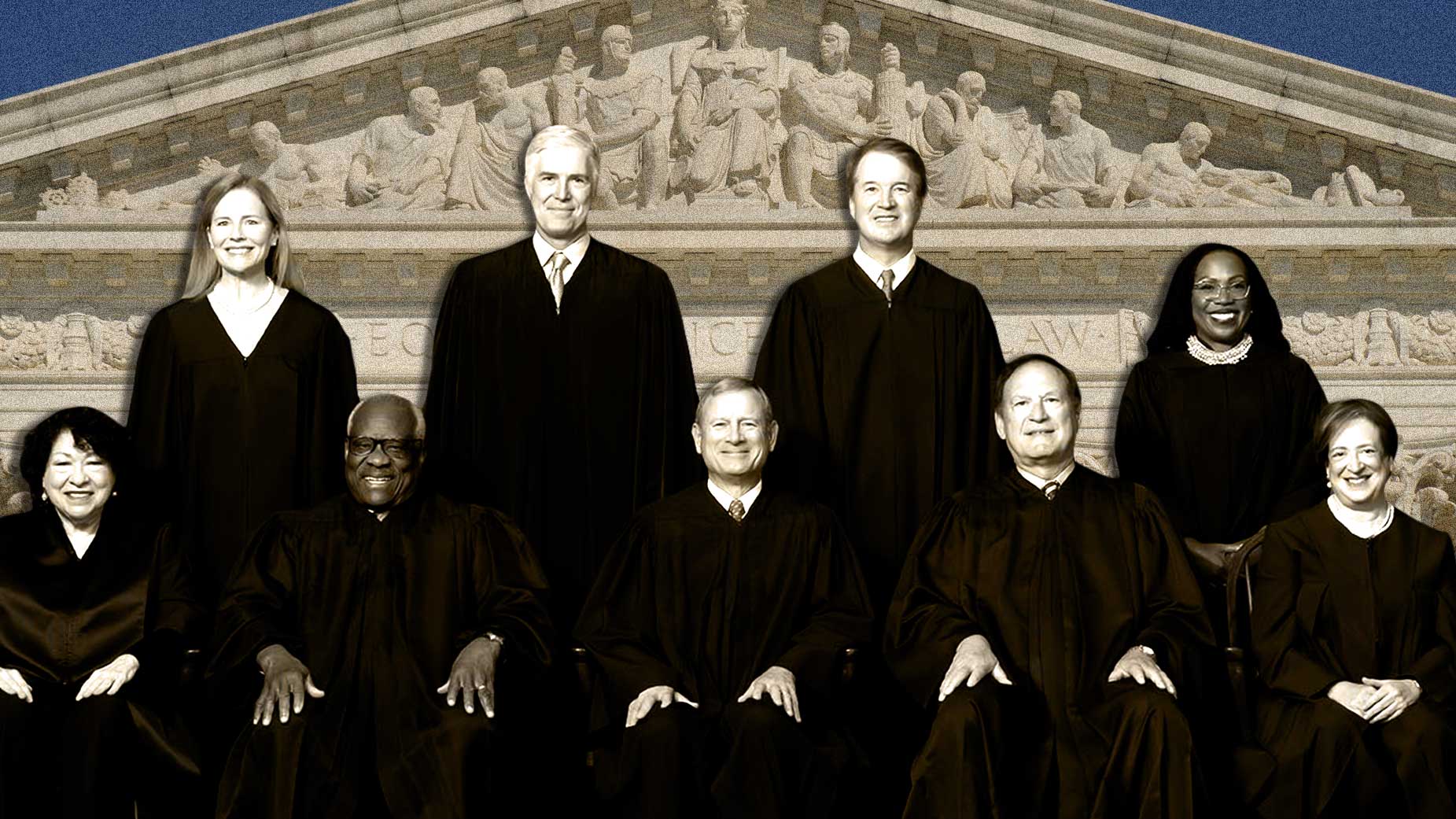Supreme Court upholds Trump exemptions to Obamacare contraceptive mandate
Washington — The Supreme Court on Wednesday upheld the Trump administration's broad exemptions to employers who raise religious or moral objections to providing free birth control coverage to workers, paving the way for more employers to opt out of a provision of the Obama-era health care law that has been at the center of a long-running dispute before the courts.
The court ruled 7-2 that the Department of Health and Human Services had the authority to carve out the exemptions to the Affordable Care Act's contraceptive mandate, marking a win for the Trump administration and religious liberty. Justices Elena Kagan and Stephen Breyer joined the Supreme Court's conservative justices in upholding the Trump administration's statutory authority to exempt certain employers from the mandate, but did not join the majority opinion.
"After two decisions from this court and multiple failed regulatory attempts, the federal government has arrived at a solution that exempts the Little Sisters from the source of their complicity-based concerns — the administratively imposed contraceptive mandate," Justice Clarence Thomas wrote for the majority, referencing Little Sisters of the Poor, the Catholic nonprofit involved in the case. "We hold today that the departments had the statutory authority to craft that exemption, as well as the contemporaneously issued moral exemption."
The case was sent back to the lower court with instructions to dissolve a nationwide injunction blocking implementation of the rules.
At the heart of the legal battle, which pitted religious freedoms against access to contraception, is the Affordable Care Act's contraceptive mandate, which requires employers to provide health insurance plans that cover birth control at no cost to employees. While previous cases have focused on entities that object to complying with the mandate because of their religious beliefs, the Supreme Court was tasked in this challenge with deciding whether the Trump administration can extend exemptions from the requirement to a wider range of employers with religious or moral objections to contraceptive coverage.
The White House cheered the Supreme Court's ruling in its favor, calling it "a big win for religious freedom and freedom of conscience." The high court, the White House added, "has once again vindicated the conscience rights of people of faith."
"Since Day One, the Trump Administration has sought to lift burdens on religious exercise for people of all faiths," the White House said in a statement. "As the Supreme Court has previously stated, protecting the ability of people to worship and live according to the dictates of their conscience is part of 'the best of our traditions.' The court's decision today carries forward that noble tradition."
The case was one of 10 the Supreme Court heard remotely via teleconference due to the coronavirus pandemic, which closed the building to the public and roiled the remainder of the court's term.
Challenges over the contraceptive mandate have made their way to the Supreme Court twice before in disputes brought by employers with religious objections to the requirement they offer health plans that cover contraceptives. In 2014, the high court ruled 5-4 in favor of Hobby Lobby, a family-owned corporation, and found that forcing it to comply with the contraceptive mandate violated a 1993 federal law that protects religious freedom. Then, in 2016, an eight-member Supreme Court sent another case involving faith-based groups back to the lower court to give the parties "an opportunity at an approach going forward."
But since then, the makeup of the Supreme Court has changed, with the appointments of Justices Neil Gorsuch and Brett Kavanaugh shifting the court rightward.
In the wake of the Supreme Court's 2016 decision, the Trump administration modified the contraceptive mandate regulations issued initially by the Department of Health and Human Services under President Barack Obama to allow more employers to opt out of the requirement. The regulations from the Trump administration expanded the religious exemption, which originally applied to houses of worship, to a wider group of entities and provided a similar exemption to employers who cite "sincerely held moral convictions."
But Pennsylvania, later joined by New Jersey, swiftly filed a lawsuit challenging the new rules and sought to block enforcement, arguing the Trump administration's measures violated federal law.
A three-judge panel of the 3rd U.S. Circuit Court of Appeals blocked nationwide enforcement of the rules, holding that the federal agencies likely lacked the authority to issue them and that the administration failed to comply with federal law governing the rulemaking process.
With the Supreme Court ruling the Trump administration's exemptions can remain intact, between 70,000 and 126,000 women risk losing access to employer-provided contraceptive coverage, according to government estimates.
The decision from the high court is a victory for the Trump administration's efforts to safeguard religious liberty, including by fulfilling a 2016 campaign promise to ensure religious entities "are not bullied by the federal government because of their religious beliefs."
Still, Kagan did not foreclose the possibility of more litigation regarding the rules, writing that she questions "whether the exemptions can survive administrative law's demand for reasoned decisionmaking. That issue remains open for the lower courts to address."





